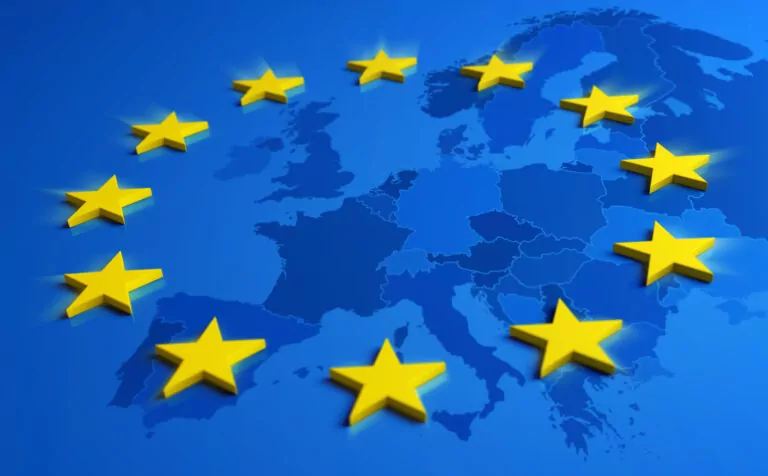Add to favorites:
Share:
This call aims to enhance the conservation, restoration, and adaptation potential of coral reefs and associated ecosystems, including mangroves and seagrass beds. It seeks to develop integrated, coordinated approaches addressing biodiversity and climate adaptation strategies in line with EU and international frameworks. Activities focus on improving ecological understanding, promoting functional management and restoration, integrating local and indigenous knowledge, and fostering international cooperation. Applicants should prioritize land-sea planning, socio-ecological management, and sustainable practices that ensure resilience and adaptation of these ecosystems.
Key details include an expected EU contribution of 6.000.000 € per project and an indicative total budget of 12.000.000 €. The action type is Research and Innovation Actions, and proposals must adopt a multi-actor approach. International cooperation is encouraged, particularly with countries hosting such ecosystems.
Opening: 06-05-2025
Deadline(s): 17-09-2025
Data provided by Ghent University
This funding opportunity represents a pre-agreed draft that has not yet been officially approved by the European Commission. The final, approved version is expected to be published in the first quarter of 2025. This draft is provided for informational purposes and may be used to preliminarily form consortia and develop project ideas, but it is offered without any guarantees or warranties.
Expected Outcome
• Improved biodiversity and climate adaptation strategies.
• Enhanced land-sea planning for ecosystem conservation.
• Strengthened international frameworks and local capacity building.
• Accessible guidelines for socio-ecological management.
• Increased resilience and connectivity of marine ecosystems.
Scope
• Develop integrated conservation strategies for coral reefs, mangroves, and seagrass beds.
• Address functional ecology, connectivity, and biodiversity resilience.
• Promote socio-ecological management incorporating indigenous and local knowledge.
• Enhance international cooperation to reduce fragmented efforts.
• Leverage advanced monitoring and restoration technologies.

